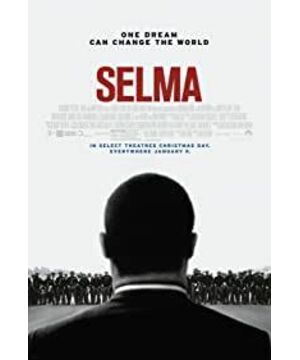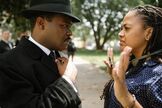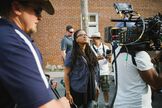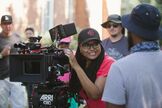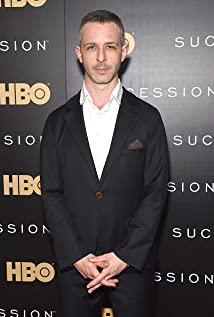After catching up with BLM, Amazon Prime is exempted. I thought it was a drowsy film like "Lincoln," but after watching it for 10 minutes, I realized that it wasn't the case at all.
In this film, Pastor Martin Luther King Jr. (hereinafter referred to as MLK) was not portrayed as a high-quality image, from one victory to another. Instead, it took a lot of time to film how MLK frustrated, retreated, wandered, and confessed to his wife. The characters are richer and more realistic.
This film is also a brief history of how black Americans fought for the right to vote. In theory, the Thirteenth Amendment to the U.S. Constitution gives blacks the right to vote, but southern states use poll taxes and education tests. In the film, a black aunt in SELMA, Alabama went to register to vote. The registrar asked her to recite the preamble of the constitution and then asked how many counties there are in Alabama. The aunt answered all the answers and was asked to make it difficult for the county sheriff. The names are reported one by one.
On the other hand, because blacks do not have the right to vote, state-level executive, legislative and judicial institutions are dominated by white racists, and there are endless racist murders against blacks, such as the Birmingham Four Girls in the movie. When watching the film, you may want to understand the knowledge background.
So in order to gain attention, MLK organized an march from SELMA to Montgomery, the capital of Alabama, to promote legislation that grants blacks substantial voting rights. The film shows how MLK mobilizes, how to coordinate the differences within the organization, how to show the atrocities in front of the media, especially TV media, how to attack with the more radical Malcolm X, how to preview possible conflicts, and how to fight for President Lyndon Johnson (LBJ) How to win international sympathy, how to challenge the ban on marching in the court, how to arouse the support and participation of white people, especially religious people, how to recognize counsel, how to arrange logistical support, and how to arrange medical care. Courageous and strategic, it is like an encyclopedia.
In the movie, MLK asked LBJ why the United States could send thousands of people to fight in Vietnam, but could not send troops to Alabama to protect the American people. LBJ was speechless. The victory of the civil rights movement in the 1960s was not unrelated to the US military's deep involvement in the Vietnam War.
The last thing to say is that MLK's speech is really contagious, and it is dozens of times stronger than the later Nobel Peace Prize winner of the same skin color.
View more about Selma reviews


